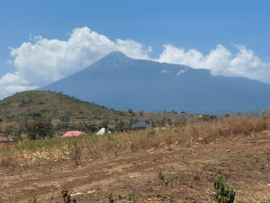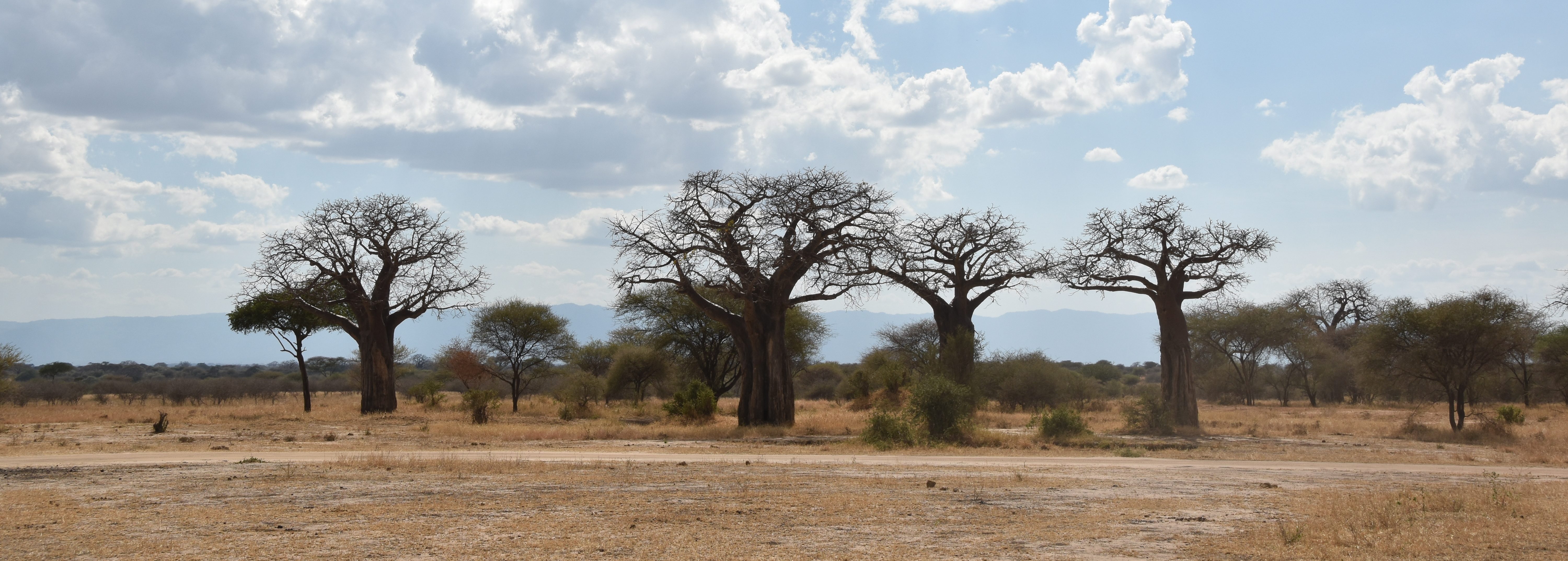improves mother and child care in Afrika

Working in Tanzania presents our Foundation with several challenges: changes in the structure of the local ultrasound training program and the limited number of training positions mean that we are currently able to train fewer sonographers than we would like.
The ‘core business’ of our Foundation is training Tanzanian healthcare providers in ultrasound. For this, we have established a solid program where candidates first complete the official local basic training (our project ‘Adopt a Sonographer’). We then offer a series of hands-on training sessions where they specialize in obstetric ultrasound. Finally, we assess whether the candidate can be deployed as a mobile sonographer in remote areas (our project ‘Mobile Ultrasound’). Where necessary, we provide mobile ultrasound equipment and train the sonographer in risk selection. After all, the timely detection and referral of high-risk pregnancies is the essence of our work.
However, working in Tanzania as a Foundation also comes with certain ‘risks’. On paper, you can have beautiful plans and goals, but reality can be more challenging. For example, the only short basic training program in the country (in Moshi) was closed from late 2020 until early 2023 due to a curriculum review. After reopening, the program was extended from 3 months to a year. This extension means higher costs, but also that our candidates will be absent from their workplaces for a longer period. Additionally, only 10 to 15 students are admitted annually, while the demand is high. This year, three candidates from our Foundation applied in Moshi, but unfortunately, none of them were selected. Meanwhile, a new program has been established in Dodoma, Central Tanzania, and one of our candidates is still in the running for a spot there.
The limited local training capacity, the longer training duration, and restricted admission unfortunately slow down the pace at which we can train midwives in ultrasound. Therefore, in our new mission and vision, we have formulated a multi-track approach. We hope these tracks will converge in the ‘Skills Lab’ project. After nearly 10 years of experience in Tanzania, we know that we often have to maneuver on multiple fronts simultaneously. This is why you may not hear about a project for a while if there is no progress, and then later see everything suddenly move forward rapidly. This is the dynamic of working in Tanzania, where we are continuously learning to adapt.




